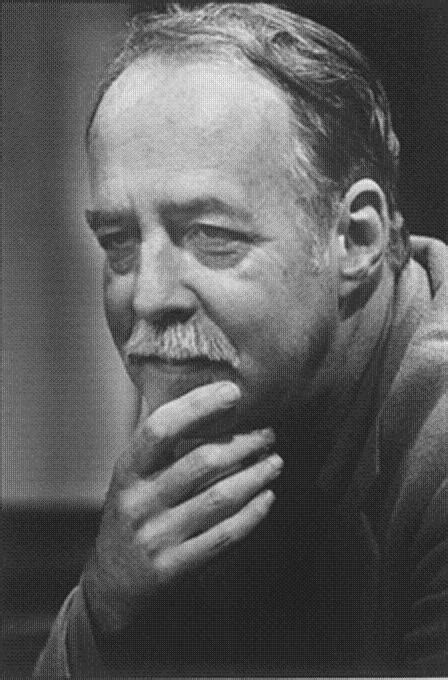A Quote by William Matthews
There is a wide difference between general acquaintance and companionship. You may salute a man and exchange compliments with him daily, yet know nothing of his character, his inmost tastes arid feelings.
Related Quotes
And there is no difference, in principle - but only in degree - between political and chattel slavery. The former, no less than the latter, denies a man's ownership of himself and the products of his labor; and asserts that other men may own him, and dispose of him and his property, for their uses, and at their pleasure.
The man who fears to be alone will never be anything but lonely, no matter how much he may surround himself with people. But the man who learns, in solitude and recollection, to be at peace with his own loneliness, and to prefer its reality to the illusion of merely natural companionship, comes to know the invisible companionship of God. Such a one is alone with God in all places, and he alone truly enjoys the companionship of other men, because he loves them in God in Whom their presence is not tiresome, and because of Whom his own love for them can never know satiety.
A man is known by the books he reads, by the company he keeps, by the praise he gives, by his dress, by his tastes, by his distastes, by the stories he tells, by his gait, by the notion of his eye, by the look of his house, of his chamber; for nothing on earth is solitary but every thing hath affinities infinite.
Between labor and play stands work. A man is a worker if he is personally interested in the job which society pays him to do; whatfrom the point of view of society is necessary labor is from his point of view voluntary play. Whether a job is to be classified as labor or work depends, not on the job itself, but on the tastes of the individual who undertakes it. The difference does not, for example, coincide with the difference between a manual and a mental job; a gardener or a cobbler may be a worker, a bank clerk a laborer.
Faith is the commitment of one's consciousness to beliefs for which one has no sensory evidence or rational proof. When man rejects reason as his standard of judgement, only one alternative standard remains to him: his feelings. A mystic is a man who treats his feelings as tools of cognition. Faith is the equation of feelings with knowledge
Feelings dwell in man; but man dwells in his love. That is no metaphor, but the actual truth. Love does not cling to the I in such a way as to have the Thou only for its " content," its object; but love is between I and Thou. The man who does not know this, with his very being know this, does not know love; even though he ascribes to it the feelings he lives through, experiences, enjoys, and expresses.
I know I must conceal my sentiments: I must smother hope; I must remember that he cannot care much for me. For when I say that I am of his kind, I do not mean that I have his force to influence, and his spell to attract: I mean only that I have certain tastes and feelings in common with him.I must, then, repeat continually that we are forever sundered: - and yet, while I breathe and think, I must love him.
It is far. But there is no journey upon this earth that a man may not make if he sets his heart to it. There is nothing, Umbopa, that he cannot do, there are no mountains he may not climb, there are no deserts he cannot cross; save a mountain and a a desert of which you are spared the knowledge, if love leads him and he holds his life in his hand counting it as nothing, ready to keep it or to lose it as Providence may order.
And there you see the distinction between our feelings: had he been in my place, and I in his, though I hated him with a hatred that turned my life to gall, I never would have raised a hand against him. You may look incredulous, if you please! I never would have banished him from her society as long as she desired his. The moment her regard ceased, I would have torn his heart out and drank his blood! But, till then - if you don't believe me, you don't know me - til then, I would have died by inches before I touched a single hair on his head!
When a man sought knowledge, it would not be long before it could be seen in his humbleness, his sight, upon his tongue and his hands, in his prayer, in his speech and in his disinterest (zuhd) in worldly allurements. And a man would acquire a portion of knowledge and put it into practice, and it would be better for him than the world and all it contains - if he owned it he would give it in exchange for the hereafter.







































